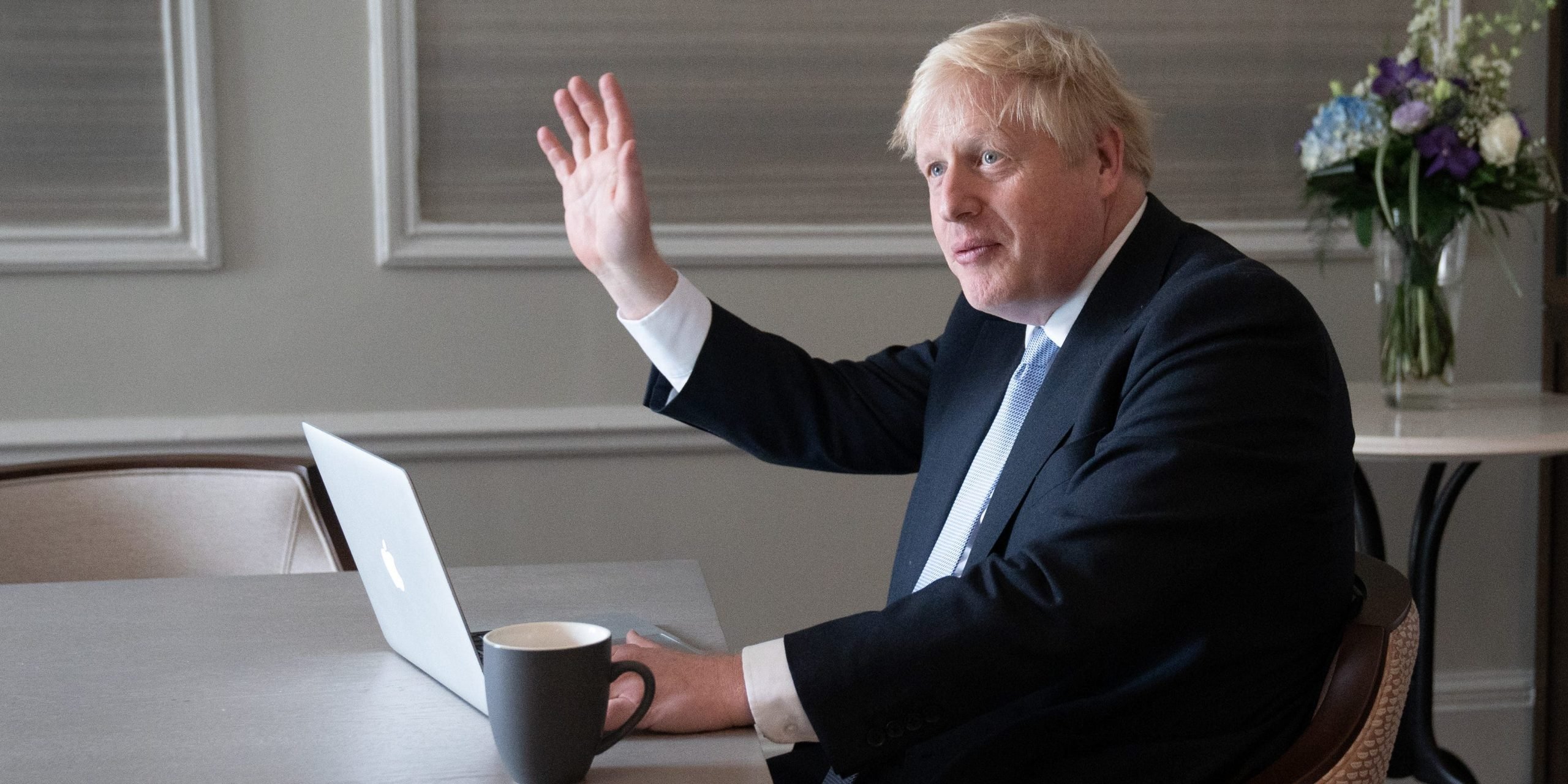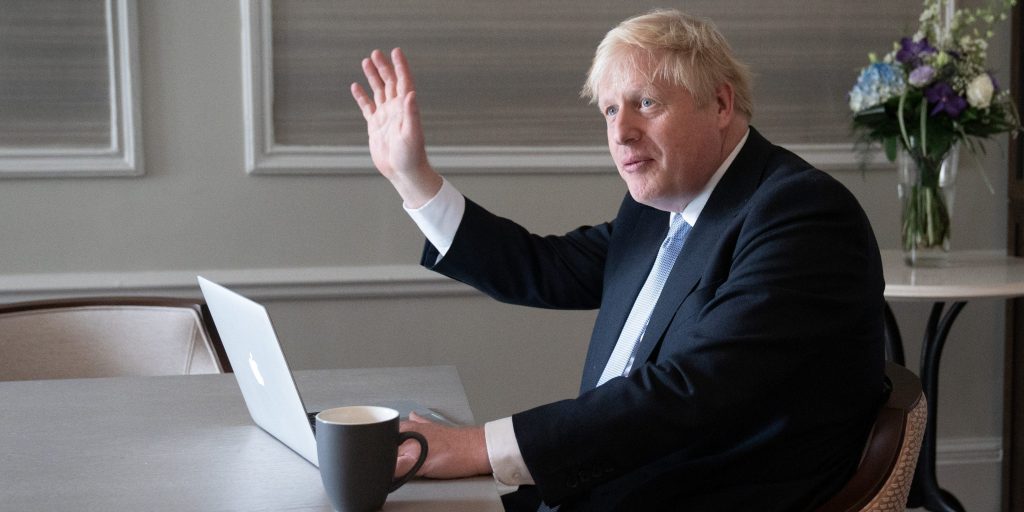
Stefan Rousseau – Pool/Getty Images
- Intel's CEO said the firm isn't considering building factories in the UK because of Brexit.
- Pat Gelsinger told the BBC that Intel was looking at sites in 10 countries, with support from the EU.
- Boris Johnson is overseeing a 'levelling down of foreign direct investment', critics say.
- See more stories on Insider's business page.
Intel is no longer considering building semiconductor factories in the UK because of Brexit, the firm's boss has told the BBC.
Pat Gelsinger, CEO of the chipmaker since February, says the firm is now looking at "EU countries and getting support from the EU."
Intel had "about 70 proposals for sites across Europe from maybe 10 different countries", Gelsinger said, adding that he was hoping to receive support from the EU and finalise a site before the end of the year.
The company plans to invest up to $95 billion in semiconductor factories over the next 10 years, the BBC reported.
Critics say Intel's decision to focus on the EU is an indictment of Boris Johnson's governing, as the UK Prime Minister seeks to "build back better" from the pandemic.
Naomi Smith, chief executive of the group Best for Britain, which opposed Brexit, told Insider: "Businesses are increasingly finding their voice and saying Britain no longer makes the list for foreign tech investment that would bring the high skilled, high wage jobs that the Prime Minister pledged to deliver only yesterday.
"This decision by Intel is an unequivocal negative. While this government may be fueled by the promise of 'levelling up' they are overseeing the greatest levelling down of foreign direct investment this country has seen."
While the US-based corporation turns away from building a factory in the UK, recent months have seen a Chinese-owned firm take over a semiconductor factory in the UK.
Newport Wafer Fab in Wales is the UK's largest semiconductor factory. It was brought under Chinese ownership in August, amid a probe from the UK's national security advisor.
There is a global shortage of semiconductors as demand spikes, with knock-on effects on other industries, Markets Insider found.

